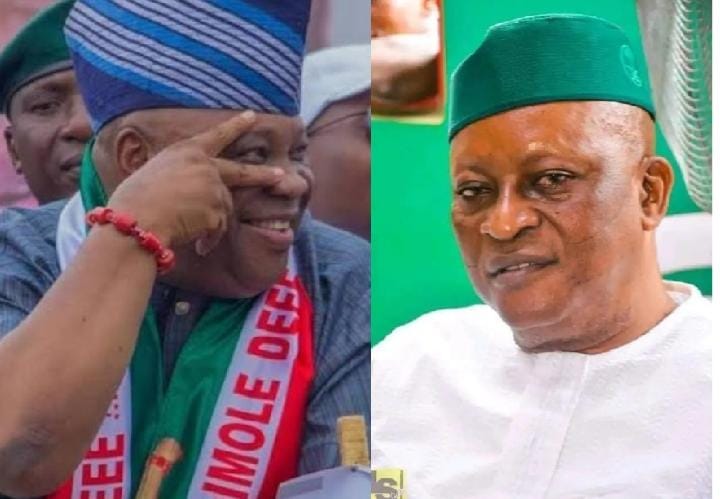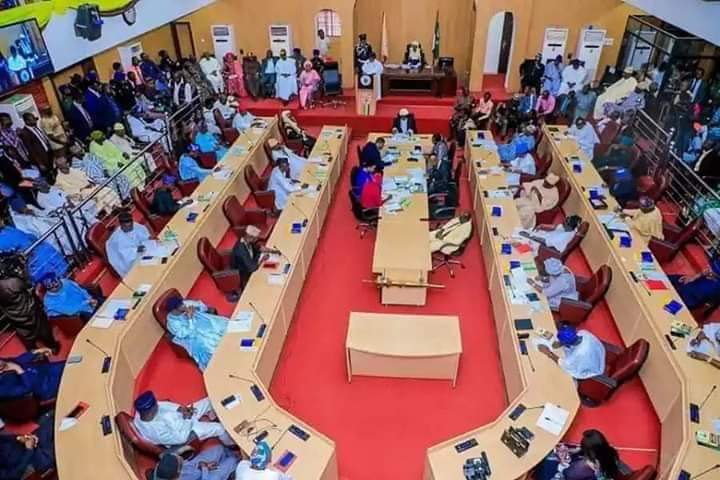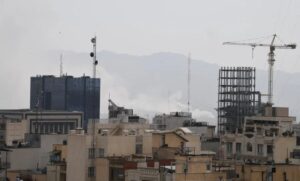Trying times for Nigerians – Tribune Online
[ad_1]
IT is still not clear whose idea it was originally to have a major and involving procedure such as a redesign of the national currency on the eve of a logistically complex general election. Whoever dreamt up the idea, it is clear that the consequences have been far from palatable. Not only that, it does not require a genius to see that the public would be thrown into a tailspin if you undertake a top-down transition to a “cashless” economy within the space of a few weeks in a country where the number of those who are either totally unbanked and or only marginally connected to the modern economy is far in excess of those who are.
But here we are. In defiance of every wise counsel, the Central Bank of Nigeria (CBN), under the auspices of a governor who recently flirted with the country’s highest office, and who in a more civilised clime would either have resigned or been fired, has proceeded to implement a measure that has only aggravated the pain of daily existence for the people. We see the effect of Mr. Godwin Emefiele’s arrogant and ill-advised policy in empty ATMs, wild incidents inside normally sedate banking halls, civil protests, at least a couple of fatal shootings by police and soldiers aiming to disperse protesters, and widespread confusion. In the meantime, and perhaps understandably, the conspiracy mill has gone into overdrive. Supporters of the presidential candidate of the incumbent All Progressives Congress (APC), Mr. Bola Tinubu, are advancing the theory that all of this is the doing of a cabal in the highest echelons of power scheming to derail him. Mr. Tinubu himself has embraced this theory.
We have no way of knowing whether there is indeed a cartel aiming to upstage the APC standard-bearer, and neither are we interested in this. What we do know is that what is going on in the country right now is unacceptable, and that President Muhammadu Buhari’s request for a seven-day grace period to address the problem is unsatisfactory. While the Central Bank’s move may have been singularly ill-judged, it is hardly unique. Instructively, it falls within a broader pattern of economic policy misadventures that the Buhari administration has presided over during its disastrous tenure.
Nor is the current ugly situation limited to the problems surrounding the redesign of the naira. As we speak, there are fuel queues all over the country, and many neighbourhoods have not enjoyed an hour of electricity for months. It is the same thing with the just concluded permanent voter cards (PVCs), which were sometimes more scarce than the new naira notes. The real tragedy is not that these things are happening; it is that they are totally avoidable. The country would not have been in this situation if it had spread this phase of the transition to a cashless economy over a long period of time, say two years. You can’t reasonably speak of a ‘transition’ if you force something through within the space of a few weeks, especially on the eve of an election, can you?
Like millions of Nigerians, we are still scratching our heads at the absurdity of it all, and we cannot wait for the next president, whoever that is, to put us out of our misery.
ALSO READ FROM NIGERIAN TRIBUNE
[ad_2]













Post Comment